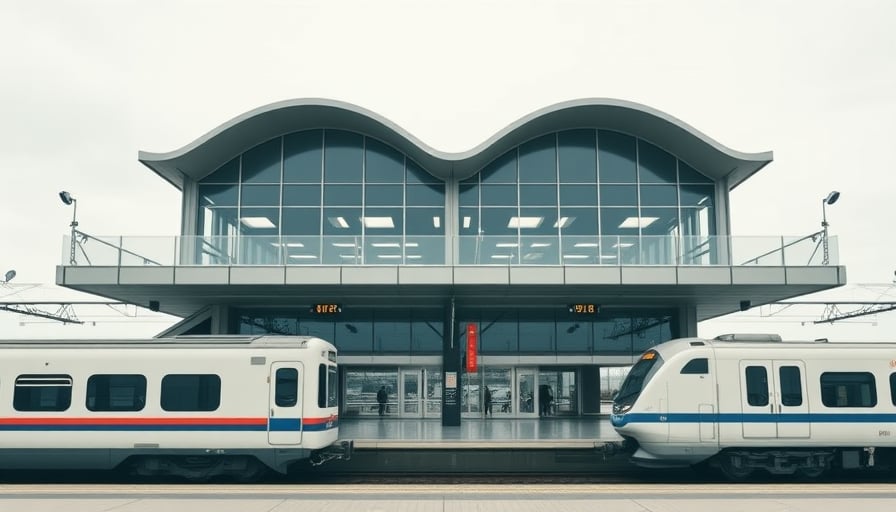Deutsche Lufthansa AG: Strengthening Ground Connections and Navigating Labor Disputes
Deutsche Lufthansa AG, the German passenger and cargo airline headquartered in Cologne, has announced a significant expansion of its collaboration with Deutsche Bahn to enhance the passenger experience. On 23 November 2025, CEO Jens Ritter informed the Funke‑Mediengruppe that the airline intends to make the use of trains for pre‑flight luggage transport “even more attractive.” The goal is to meet growing customer demand for a seamless, comfortable transfer between rail and air, thereby reinforcing Lufthansa’s reputation for service excellence and potentially boosting ancillary revenue streams.
Strategic Rationale Behind the Rail Partnership
The new arrangement is expected to address long‑standing concerns among travelers about the handling of baggage at airports. By integrating train schedules with flight departures, Lufthansa will provide a “comfort‑oriented” solution that reduces the need for large airport‑based lobbies and streamlines the check‑in process. This move is consistent with the airline’s broader strategy of improving operational efficiency and customer convenience, especially in the face of increasing competition from low‑cost carriers and evolving travel habits post‑pandemic.
Market Reaction and Financial Context
The announcement came shortly after the company’s share price settled at €7.94 on 20 November 2025, within a trading range that has spanned from a 52‑week low of €5.52 to a high of €8.39. With a market capitalisation of roughly €9.48 billion and a price‑earnings ratio of 5.81, investors are watching closely how Lufthansa’s service enhancements translate into earnings growth. While the rail partnership does not directly affect the company’s operating income, it is likely to improve the passenger experience, thereby supporting load factors and ancillary revenue.
Concurrent Labor Dispute
In stark contrast to the positive development in customer service, Lufthansa’s leadership has reiterated its stance on a long‑running pension dispute with the pilot union Vereinigung Cockpit. Multiple reports from Manager Magazin, Wallstreet‑Online, and BoersenNews on 22 November 2025 confirm that CEO Jens Ritter rejected the union’s demand for higher employer contributions to the occupational pension scheme. The airline’s spokesperson emphasised that the requested increases are “unrealistic” given the company’s current financial position.
The dispute has intensified, with the union claiming that the pension plan is underfunded relative to the industry average. Lufthansa, however, argues that any significant expansion of pension contributions would jeopardise its ability to invest in fleet renewal and maintain profitability. The conflict remains unresolved, and analysts predict that any escalation could influence investor sentiment, especially in light of the company’s moderate earnings trajectory.
Outlook
While the partnership with Deutsche Bahn promises to enhance the travel experience and could yield incremental revenue, the ongoing pension negotiations pose a potential risk to shareholder value. Lufthansa’s management will need to balance these two priorities: delivering tangible improvements to customers while safeguarding the firm’s long‑term financial health. Market participants are likely to monitor both the implementation of the rail integration and the progress of the labor talks over the next few months, as both issues have material implications for the airline’s competitive positioning and investor confidence.
